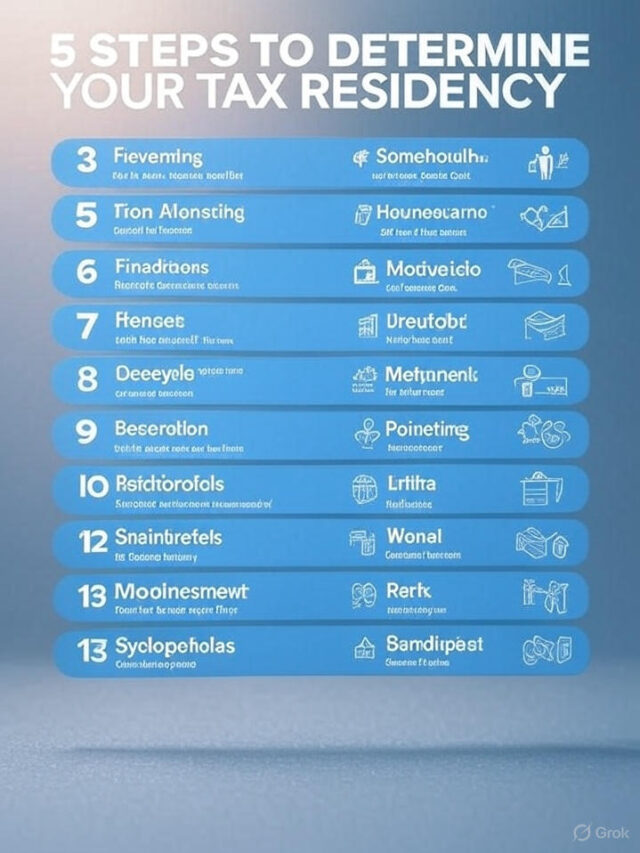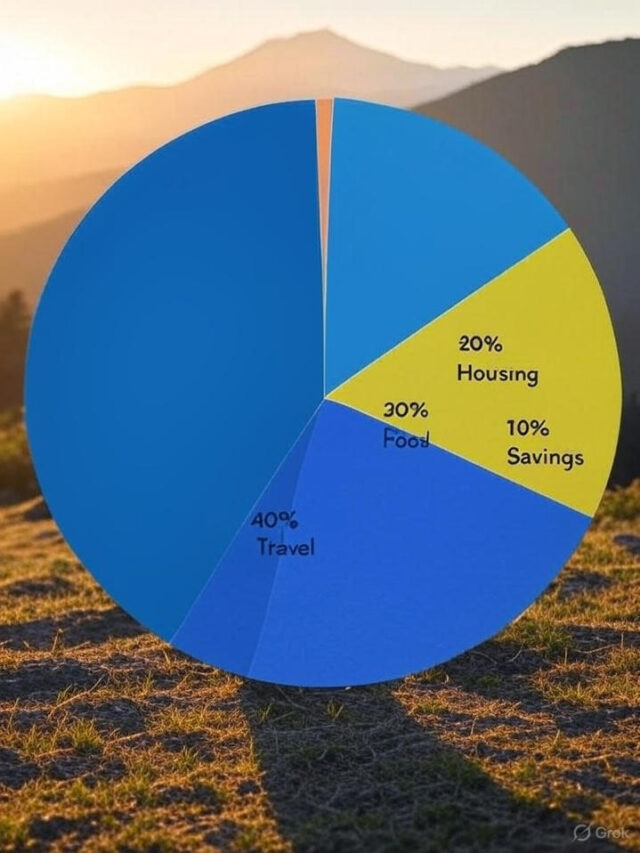In the ever-evolving world of nutrition and wellness, one-size-fits-all diet plans are becoming a thing of the past. With advancements in genetic testing, personalized nutrition plans based on DNA analysis are gaining popularity. But what exactly are genetic-based diet plans, and how can they help you achieve optimal health?
In this guide, we’ll explore everything you need to know about genetic-based diet plans, including their benefits, how they work, and actionable steps to implement one. Whether you’re looking to lose weight, improve energy levels, or optimize overall health, understanding your genetic blueprint can be the key to unlocking success.

What is a Genetic-Based Diet Plan?
A genetic-based diet plan is a personalized nutrition strategy designed based on an individual’s DNA. By analyzing genetic markers related to metabolism, nutrient absorption, food sensitivities, and overall health, these plans provide tailored dietary recommendations that align with a person’s unique genetic makeup.
How Does a Genetic-Based Diet Plan Work?
- DNA Testing – A simple saliva or blood sample is collected and sent to a lab for genetic analysis.
- Genetic Analysis – Experts examine genetic variants associated with metabolism, lactose intolerance, gluten sensitivity, and other dietary factors.
- Personalized Recommendations – Based on the results, a dietitian or an AI-driven platform provides customized dietary guidelines.
- Implementation & Monitoring – Individuals follow the recommended dietary changes and track their progress.
Why is a Genetic-Based Diet Plan Important?
Personalized Nutrition for Better Health
Unlike generic diet plans, a genetic-based approach provides insights into:
- Macronutrient Processing – Whether your body processes carbs, fats, or proteins more efficiently.
- Nutrient Deficiencies – Identifying genetic predispositions to deficiencies in vitamins and minerals.
- Food Sensitivities & Allergies – Avoiding foods that may negatively impact your health.
Backed by Scientific Research
Several studies have shown that genetic-based diet plans can be more effective than conventional diet plans in weight management and improving metabolic health.
Example: A 2018 study published in the Journal of Nutrigenetics and Nutrigenomics found that individuals following genetically tailored diets had better long-term adherence and improved metabolic markers compared to those on standard diets.
How to Get Started with a Genetic-Based Diet Plan
- Choose a Reputable DNA Testing Service – Companies like 23andMe, MyDNA, and DNAfit offer comprehensive reports on nutrition-related genetic markers.
- Consult a Registered Dietitian or Nutritionist – An expert can help interpret your genetic data and create a realistic dietary plan.
- Make Gradual Changes – Introduce dietary modifications step by step to ensure sustainability.
- Monitor & Adjust – Regularly track progress and tweak the plan based on results.
Common Challenges and How to Overcome Them
1. Cost Concerns
Genetic testing can be expensive. Look for promotions or insurance coverage options to reduce costs.
2. Data Privacy Concerns
Ensure you choose a company with strict data protection policies.
3. Information Overload
Start with small, manageable changes rather than overhauling your entire diet at once.
Best Tools and Resources for Genetic-Based Diet Plans
- DNA Testing Kits – 23andMe, DNAfit, MyDNA
- Apps for Meal Planning – MyFitnessPal, Cronometer
- Books & Research Papers – Nutrigenomics and Personalized Nutrition by Dr. Dolores Corella
Real-Life Success Stories
Case Study: Sarah’s Weight Loss Journey
Sarah, a 35-year-old professional, struggled with weight loss despite trying multiple diet plans. After taking a genetic test, she discovered she was sensitive to high-carb diets. By shifting to a low-carb, high-protein diet based on her genetic profile, she lost 20 pounds in six months and improved her energy levels.
Conclusion
Genetic-based diet plans offer a revolutionary way to approach nutrition by providing insights tailored to your unique DNA. Whether you’re looking to lose weight, improve digestion, or optimize energy levels, a DNA-based diet can help you make informed dietary choices. Ready to take control of your health? Start by exploring a genetic testing service today!
FAQ
1. What is a genetic-based diet plan?
It is a personalized nutrition plan based on your DNA analysis to optimize dietary choices for better health.
2. How accurate are genetic-based diet plans?
While they provide valuable insights, they should be combined with lifestyle and environmental factors for the best results.
3. Can a genetic-based diet help with weight loss?
Yes, by identifying how your body processes nutrients, these plans can help you make dietary changes that support weight loss.
4. Are genetic-based diets suitable for everyone?
Most people can benefit, but consulting a healthcare professional before making significant dietary changes is recommended.
5. Where can I get a DNA test for a genetic diet plan?
Popular services include 23andMe, MyDNA, and DNAfit, which provide nutrition-related genetic insights.










